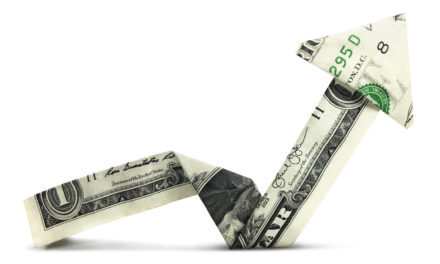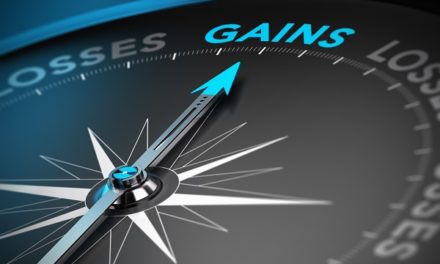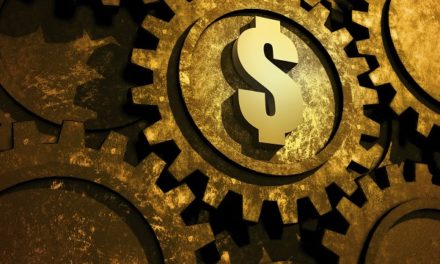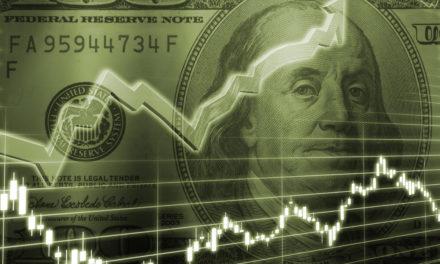
“When we own portions of outstanding businesses with outstanding managements, our favorite holding period is forever.”
— Warren Buffett
One of the most important things investors can learn from Warren Buffett, is about how they approach their time horizon for an investment into a stock under consideration. Because immediately after buying shares of a given stock, investors will then be able to check on the day-to-day (and even minute-by-minute) market value. Some days the stock market will be up, other days down. These daily fluctuations can often distract from the long-term view. Today, we look at the result of a twenty year holding period for an investor who was considering Nordstrom, Inc. (NYSE: JWN) back in 1999, bought the stock, ignored the market’s ups and downs, and simply held through to today.
| Start date: | 12/13/1999 |
|
|||
| End date: | 12/12/2019 | ||||
| Start price/share: | $12.19 | ||||
| End price/share: | $39.69 | ||||
| Starting shares: | 820.34 | ||||
| Ending shares: | 1,350.03 | ||||
| Dividends reinvested/share: | $20.95 | ||||
| Total return: | 435.83% | ||||
| Average annual return: | 8.75% | ||||
| Starting investment: | $10,000.00 | ||||
| Ending investment: | $53,577.76 | ||||
As we can see, the twenty year investment result worked out well, with an annualized rate of return of 8.75%. This would have turned a $10K investment made 20 years ago into $53,577.76 today (as of 12/12/2019). On a total return basis, that’s a result of 435.83% (something to think about: how might JWN shares perform over the next 20 years?). [These numbers were computed with the Dividend Channel DRIP Returns Calculator.]
Always an important consideration with a dividend-paying company is: should we reinvest our dividends?Over the past 20 years, Nordstrom, Inc. has paid $20.95/share in dividends. For the above analysis, we assume that the investor reinvests dividends into new shares of stock (for the above calculations, the reinvestment is performed using closing price on ex-div date for that dividend).
Based upon the most recent annualized dividend rate of 1.48/share, we calculate that JWN has a current yield of approximately 3.73%. Another interesting datapoint we can examine is ‘yield on cost’ — in other words, we can express the current annualized dividend of 1.48 against the original $12.19/share purchase price. This works out to a yield on cost of 30.60%.
More investment wisdom to ponder:
“Experience taught me a few things. One is to listen to your gut, no matter how good something sounds on paper. The second is that you’re generally better off sticking with what you know. And the third is that sometimes your best investments are the ones you don’t make.” — Donald Trump




